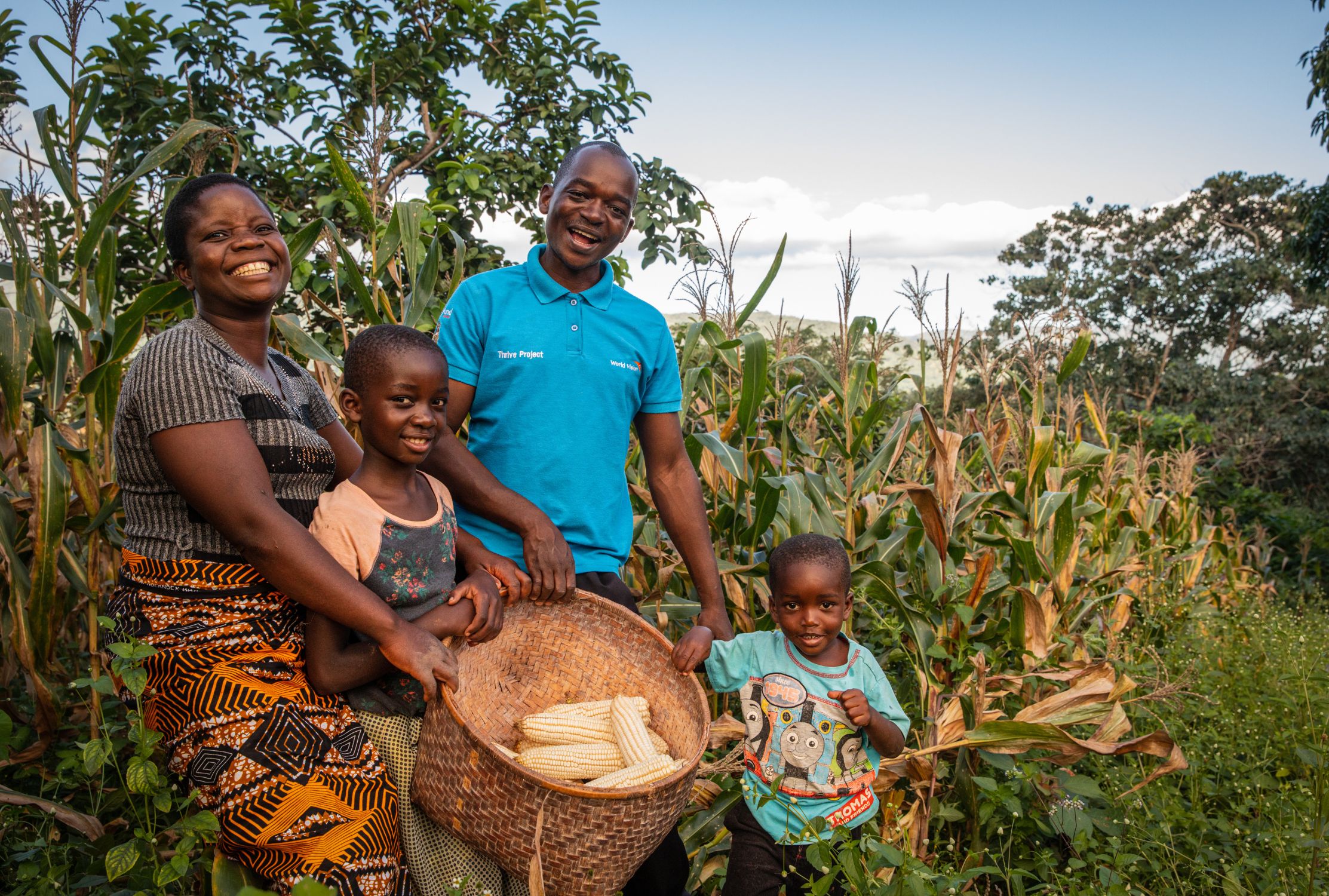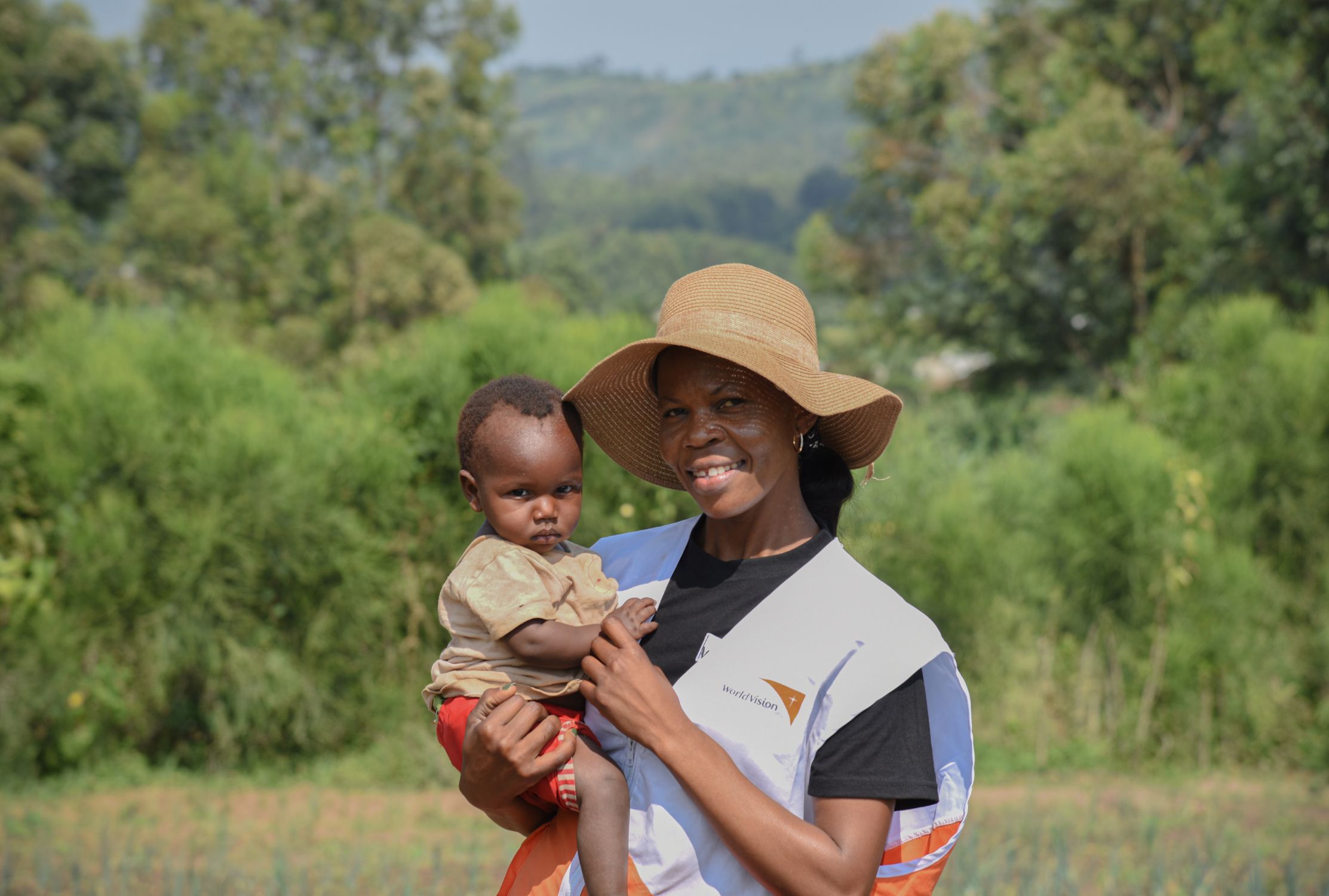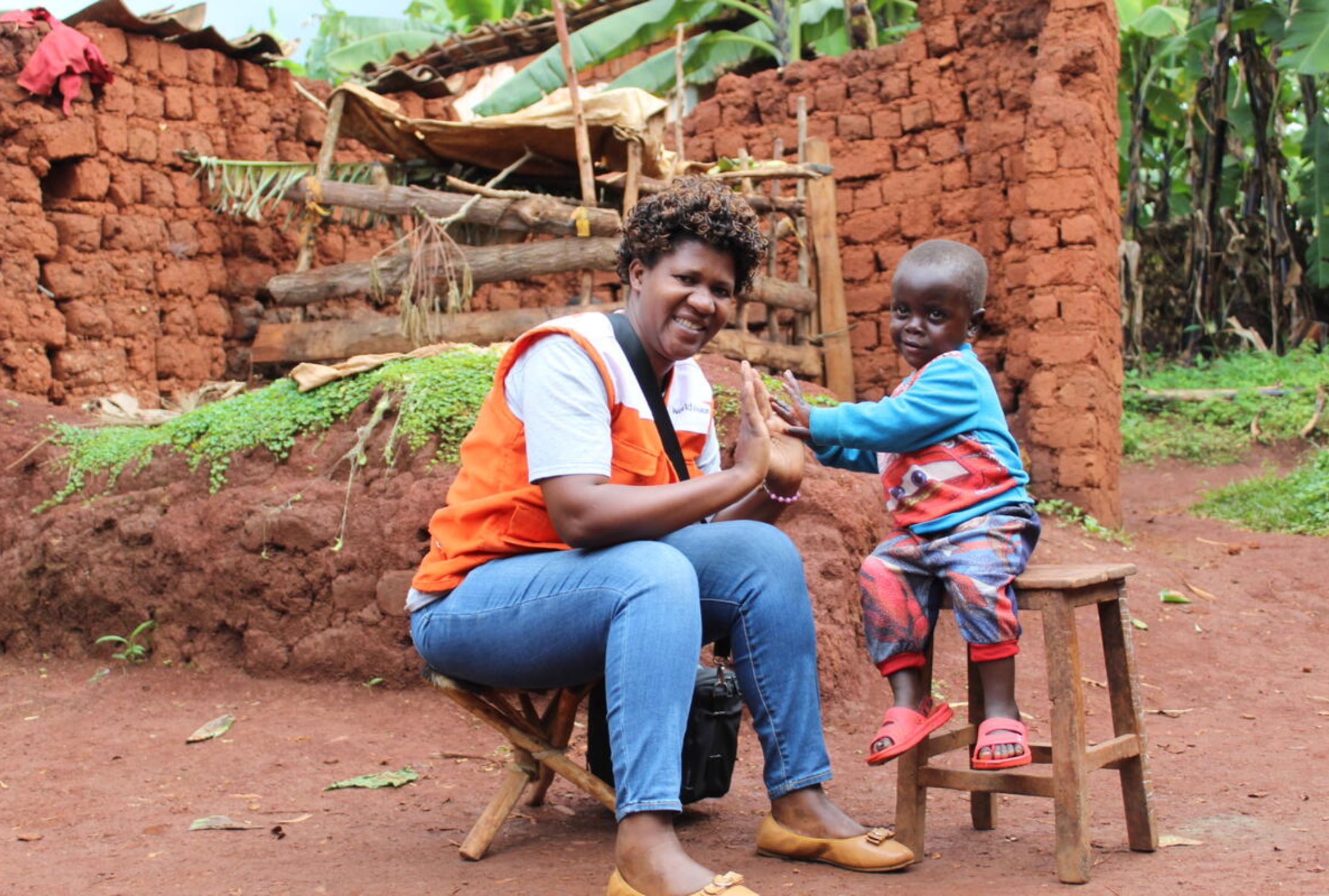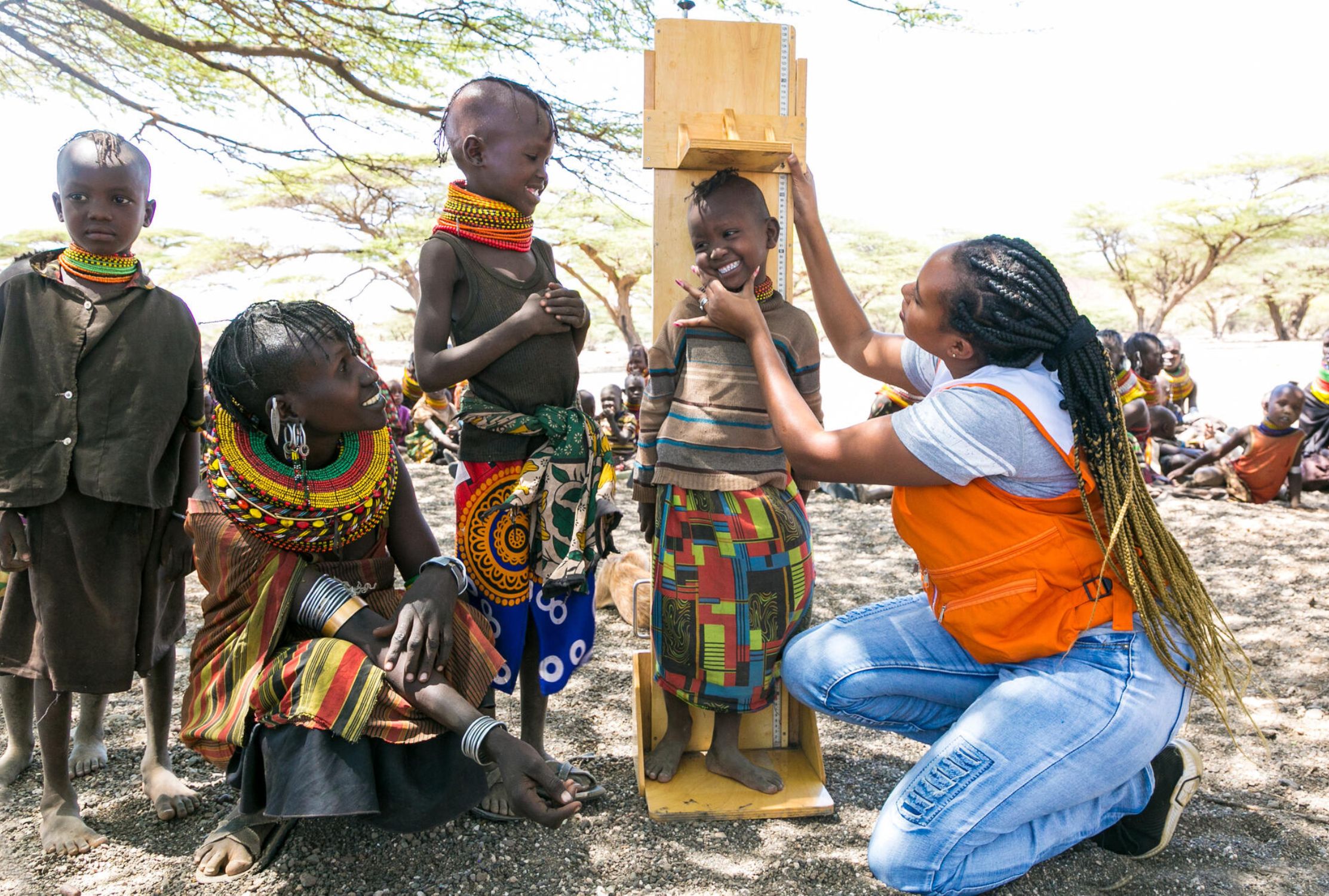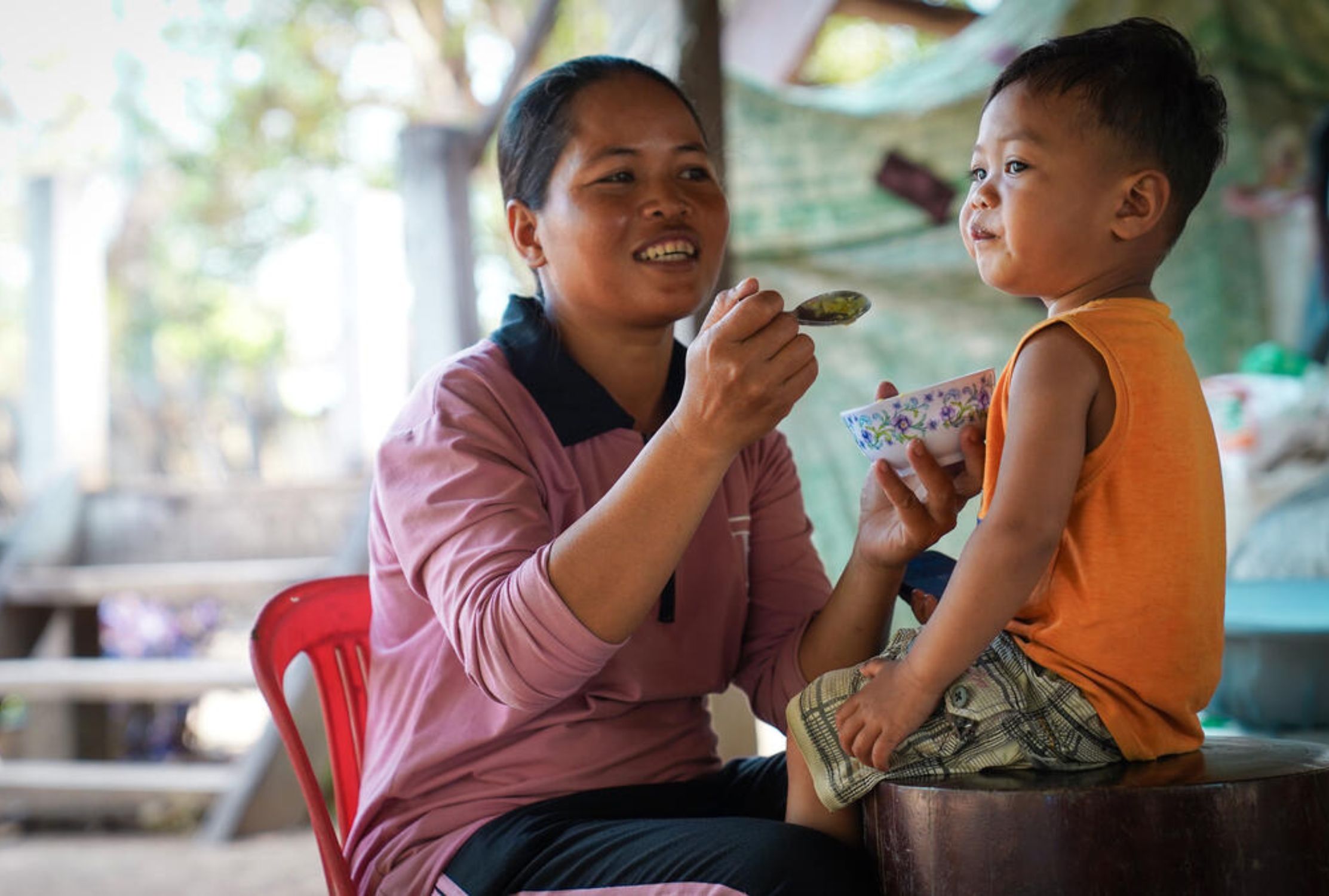Around the world, 45 million people – around half of them children – are at risk of starvation. Hungry families do desperate things to survive, often making children more vulnerable to challenges such as child marriage, child labour, child soldier recruitment and missing out on an education. These exploitative experiences have devastating effects on girls and boys.
World Vision supports this important day which raises awareness of hunger and promotes a more sustainable future of food. Learn more about how we're helping children access nutritious food and how you can get involved.
YOU MIGHT ALSO LIKE: World Children's Day
What is World Food Day?
World Food Day is a global initiative observed annually.
The United Nations Food and Agricultural Organisation founded International Food Day in 1979, and today, it's celebrated annually across 150 countries. As one of the most high-profile days in the United Nations calendar, a wealth of events take place at all levels every year to mark the day.

